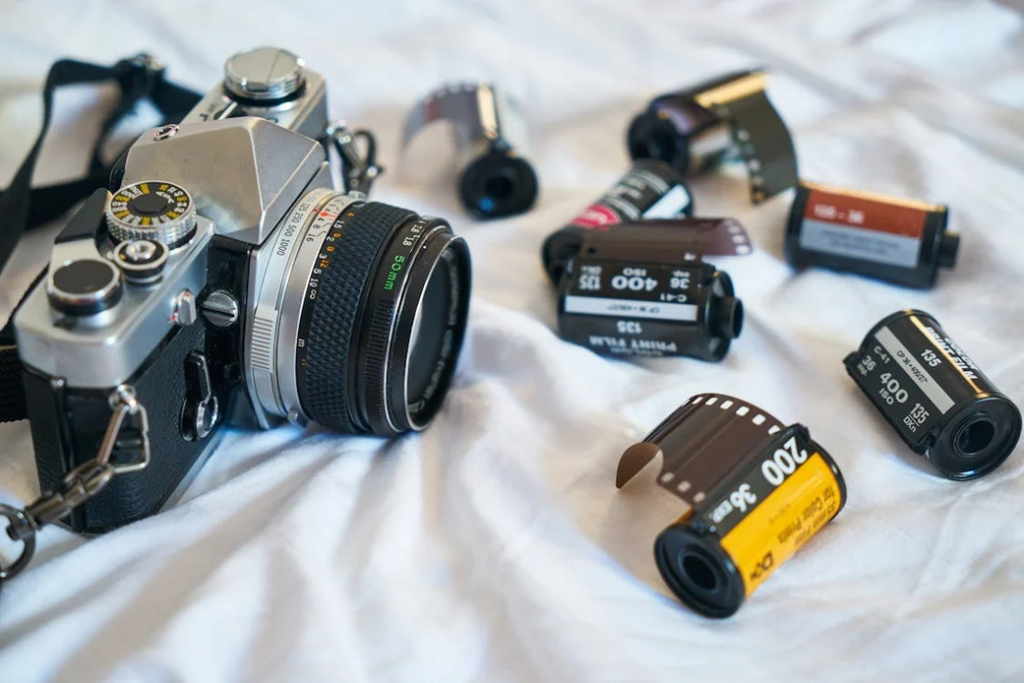The 1970s were a masterclass in making everything take longer, cost more effort, and require actual human interaction – and somehow, life felt richer for it. We didn’t have the luxury of instant gratification that defines modern living, which meant every small accomplishment carried weight and every social connection required genuine investment. Looking back, those inconveniences weren’t bugs in the system – they were features that made us more patient, more resourceful, and surprisingly more connected to the world around us.
1. Actually Going to the Bank During Banking Hours

Banking meant putting on decent clothes, driving downtown, and standing in line behind Mrs. Henderson who always had complicated transactions involving multiple savings accounts and traveler’s checks for her annual trip to Florida. You couldn’t access your money at 2 AM or check your balance while standing in your pajamas – banking was an event that required planning, proper attire, and human interaction with actual tellers who knew your name. The inconvenience meant you thought carefully about money management because every transaction required effort and time.
Those Saturday morning bank trips became family rituals where kids learned about money by watching their parents interact with professional adults in an official setting. The formality of banking – the marble counters, the serious-looking tellers, the hushed conversations about mortgages and loans – made money feel important and transactions feel significant. When you finally walked out with your cash envelope or deposit receipt, you’d accomplished something real that required planning, patience, and a willingness to work within someone else’s schedule.
2. Mailing Letters That Actually Mattered

Writing a letter meant sitting down with actual paper and a pen, thinking carefully about what you wanted to say because there was no backspace key or easy editing. You’d draft important letters multiple times, choosing your words carefully because once that envelope was sealed and mailed, your thoughts were committed to permanence. The physical act of writing engaged your brain differently, making you more thoughtful about communication and more invested in the relationship that warranted the effort of correspondence.
The ritual of addressing the envelope, applying the stamp, and walking to the mailbox created a sense of ceremony around communication that made every letter feel significant. Waiting for responses taught patience and made receiving mail genuinely exciting – that flutter of anticipation when you saw your name handwritten on an envelope was worth all the inconvenience. The slower pace of postal communication meant relationships developed more thoughtfully, with each exchange carrying more weight because it required genuine time and effort from both parties.
3. Planning Your TV Watching Around the Schedule
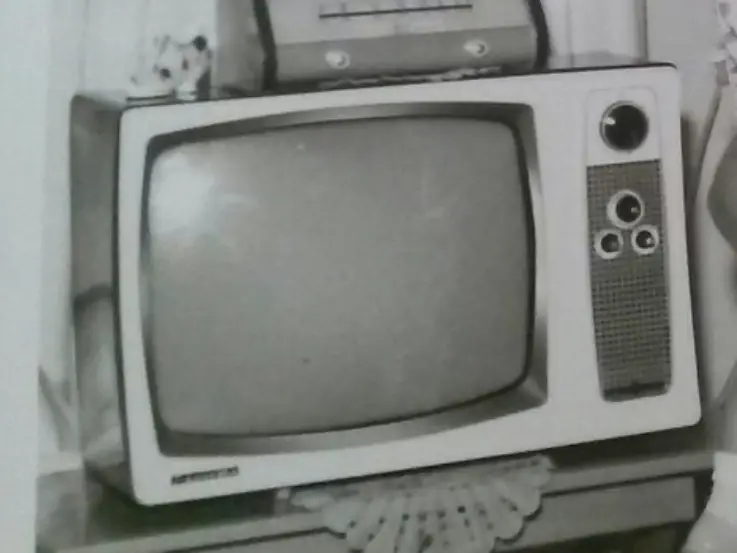
Television required commitment and planning because missing your favorite show meant waiting months for summer reruns or hoping someone else had watched it and could fill you in on what happened. Families would gather around the TV Guide each week, circling shows and negotiating viewing schedules like they were planning military operations. The inconvenience meant that watching television was often a communal activity, with entire families sharing the same programming and discussing it together.
The appointment nature of television created shared cultural experiences that entire generations could reference because everyone watched the same shows at the same time. You couldn’t pause live TV or skip commercials, which meant you experienced programs exactly as they were intended, including the anticipation-building commercial breaks that became part of the storytelling rhythm. When you finally settled in to watch your chosen program, you were fully committed to the experience because there were no other options – no scrolling through endless menus or second-screening with mobile devices.
4. Looking Up Everything in Actual Books

Research meant trips to the library, where you’d spend hours with card catalogs, encyclopedias, and reference books that weighed more than modern laptops. Finding information required strategy, patience, and often help from librarians who were like information detectives guiding you through the maze of human knowledge stored on physical shelves. The inconvenience meant that when you finally found what you were looking for, you’d often discovered three other fascinating things along the way, creating serendipitous learning experiences that don’t happen with targeted internet searches.
The physical effort required to gather information made knowledge feel valuable and made you more likely to remember what you’d learned because you’d worked for it. Libraries became temples of learning where silence was sacred and knowledge was treated with reverence, creating an atmosphere that made studying feel important and worthwhile. When you finally compiled your research and wrote your report, you’d truly earned your conclusions through effort and exploration rather than cutting and pasting from the first search result.
5. Taking Pictures That You Couldn’t See Until Later
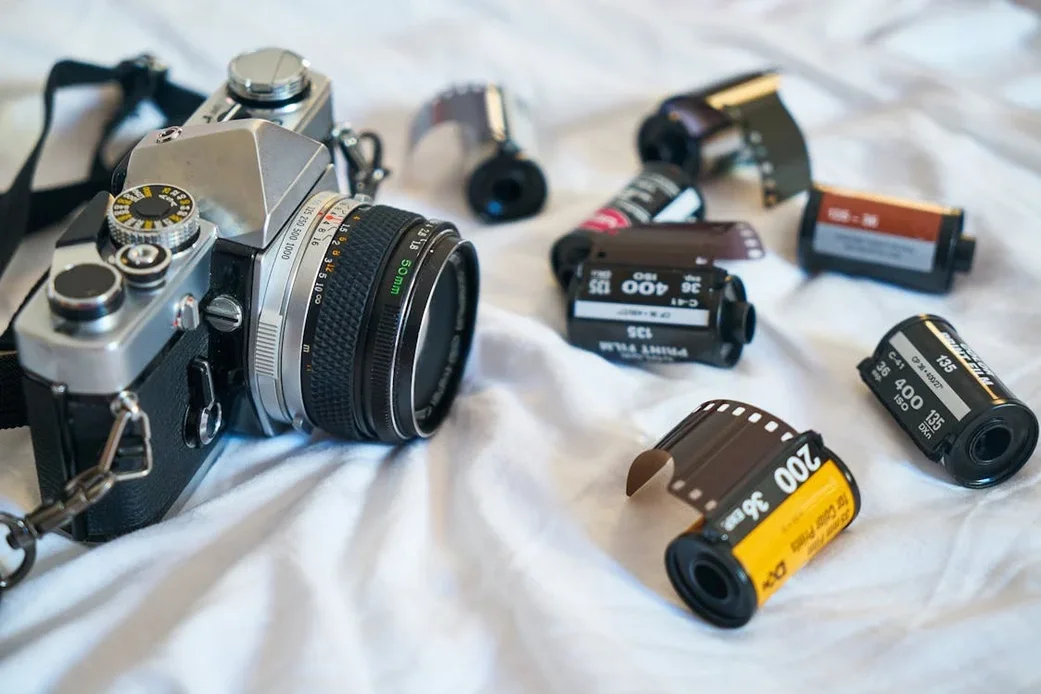
Photography required planning, patience, and faith because you couldn’t see your pictures until you finished the entire roll of film and paid to have it developed. Every shot mattered because film cost money and you only had 24 or 36 chances to capture important moments, making you think carefully about composition and timing. The inconvenience meant that taking pictures was a deliberate act rather than a casual documentation of every moment, creating photographs that were more intentional and meaningful.
The anticipation of waiting for film to be developed added excitement to photography, with that envelope of prints feeling like Christmas morning every time you picked it up from the drugstore. Getting double prints meant you could share memories with friends and family, creating physical artifacts that people could hold, pass around, and treasure in ways that digital images never quite replicated. The slower pace of photography meant you were more present in moments rather than viewing them through a camera lens, experiencing life first and documenting it second.
6. Making Plans That Couldn’t Be Changed Last Minute
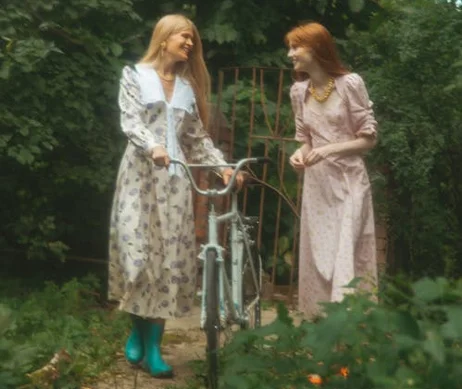
Social coordination required commitment because once you made plans, you were stuck with them – there was no way to text “running late” or check if something better came along at the last minute. Meeting friends meant showing up at the agreed-upon time and place, trusting that everyone else would do the same because there was no backup communication method if things went wrong. The inconvenience created stronger social bonds because people had to be reliable and considerate, knowing that changing plans would leave someone stranded with no way to reach them.
The inability to constantly adjust plans meant that social gatherings were more intentional and people were more fully present because they’d made a genuine commitment to be there. Friends developed reputations for reliability or flakiness that actually mattered because there were real consequences for not showing up as promised. When you finally met up with friends, you were all fully invested in the experience because you’d each made the effort to be there and couldn’t easily escape if things weren’t perfect.
7. Shopping as a Full-Day Adventure

Shopping required planning, transportation, and often an entire afternoon because stores had limited hours and you couldn’t comparison shop online or check if items were in stock before making the trip. Mall visits became social events where families would spend hours browsing different stores, trying on clothes, and eating at the food court. The inconvenience meant that purchasing decisions were more thoughtful because you couldn’t easily return items ordered online or find better prices with a quick search.
The physical effort required to shop made purchases feel more significant and made you more likely to take care of things you’d worked to acquire. Sales clerks actually knew about their products and could provide helpful advice, creating human connections around commerce that made shopping feel more personal and meaningful. When you finally found what you were looking for after hours of searching, the satisfaction was genuine because you’d earned it through patience and effort rather than instant gratification.
8. Cooking Without a Microwave or Food Processor
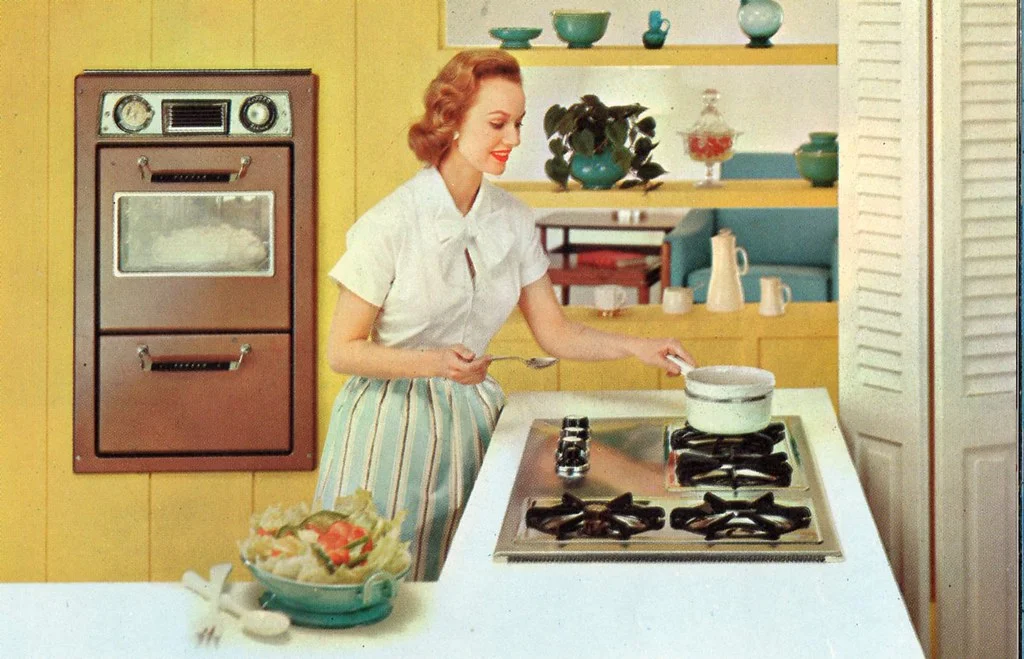
Meal preparation required time, planning, and actual cooking skills because there were no shortcuts for heating food or chopping vegetables beyond elbow grease and sharp knives. Families would spend hours in the kitchen together, with multiple generations teaching and learning cooking techniques that had been passed down through decades. The inconvenience meant that meals were more often made from scratch, creating better nutrition and stronger family bonds around food preparation and sharing.
The slower pace of cooking meant that kitchens became gathering places where families would talk, laugh, and connect while preparing meals together. Food tasted different when it was prepared with time and attention rather than microwaved convenience, creating sensory memories and emotional connections to family recipes. When you finally sat down to eat what you’d spent hours preparing, the meal felt like an accomplishment and the shared experience created stronger family traditions around food and togetherness.
9. Getting Driving Directions from Actual People

Navigation required asking for directions, studying maps, and often getting lost before finding your destination, creating mini-adventures out of routine trips. You’d stop at gas stations and ask locals for help, creating brief human connections with strangers who would draw diagrams on napkins and share local knowledge. The inconvenience meant that you learned your way around cities and neighborhoods organically, developing spatial awareness and local knowledge that GPS navigation never provides.
Getting lost became part of the journey rather than a frustrating obstacle, often leading to discoveries of interesting places and scenic routes that you’d never have found with turn-by-turn directions. Families would work together to navigate, with kids serving as co-pilots and everyone contributing to the adventure of finding new places. When you finally reached your destination after navigating by landmarks and street signs, you’d accomplished something real and gained knowledge about your community that would serve you for years.
10. Fixing Things Instead of Replacing Them
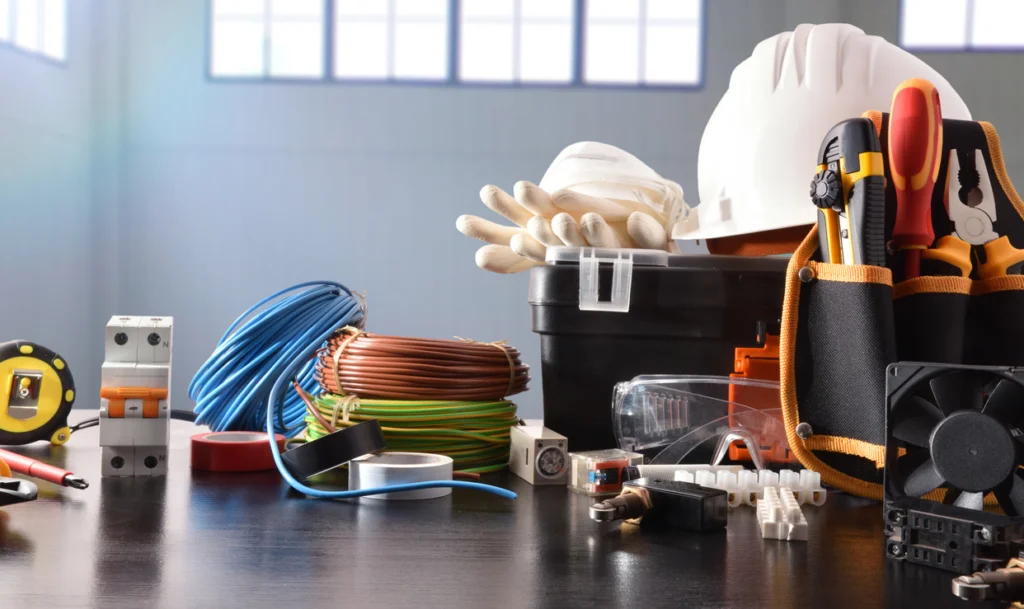
Household repairs required learning skills, finding parts, and often calling repair technicians who would actually fix appliances rather than recommend replacements. Hardware stores were staffed by people who knew how things worked and could help you find the exact part you needed to restore something to working condition. The inconvenience meant that objects were built to last and people developed practical skills for maintaining their possessions, creating a culture of resourcefulness and self-reliance.
The effort required to repair things made you more attached to your possessions and more likely to take care of them because replacement wasn’t the automatic first option. Families would work together on repair projects, with parents teaching children practical skills and problem-solving approaches that served them throughout their lives. When you finally fixed something that had been broken, the satisfaction was genuine because you’d solved a real problem through effort and ingenuity rather than credit card convenience.
11. Entertainment That Required Effort and Planning
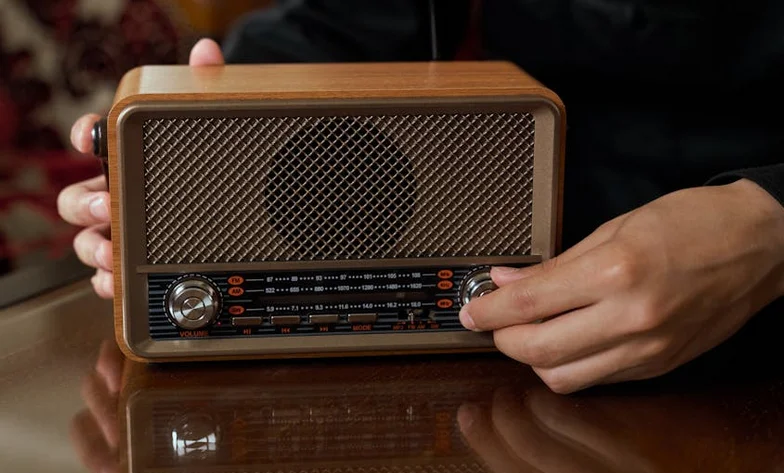
Fun required initiative because entertainment didn’t come to you automatically – you had to seek out concerts, movies, and social events through newspapers, word of mouth, and advance planning. Discovering new music meant listening to radio, browsing record stores, and getting recommendations from friends who would make you mixtapes of their favorite songs. The inconvenience meant that entertainment choices were more deliberate and satisfying because you’d invested effort in finding and experiencing them.
Cultural events felt more special because they required advance planning and genuine commitment to attend, creating shared experiences that brought communities together. Finding new forms of entertainment meant exploring your local area, talking to people, and taking chances on unfamiliar activities that might turn out to be wonderful discoveries. When you finally found entertainment that you enjoyed, it felt like a personal victory and created stronger memories because of the effort involved in discovering and experiencing it.
12. Making Coffee That Actually Took Time

Coffee preparation was a morning ritual that required measuring, grinding, brewing, and waiting – there were no single-serve pods or instant solutions that delivered caffeine without ceremony. The process of making coffee became a meditative start to the day, with the sounds and smells creating sensory experiences that marked the transition from sleep to wakefulness. The inconvenience meant that coffee was savored rather than consumed mindlessly, creating moments of quiet reflection before the day began.
The shared ritual of coffee preparation brought families together in the morning, with the brewing process serving as a natural gathering point for conversation and connection. Coffee tasted better when it was prepared with care and attention rather than automated convenience, creating sensory memories and emotional associations with the start of each day. When you finally sat down with your carefully prepared cup of coffee, it felt like a small accomplishment and a moment of earned pleasure before facing the day’s challenges.
13. Communicating Without Constant Contact

Staying in touch required intention and planning because you couldn’t reach people instantly – phone calls were events that required being home at specific times, and letters took days to reach their recipients. The inconvenience meant that communication was more thoughtful and meaningful because every interaction required effort and planning from both parties. Relationships developed more slowly and deliberately, with each conversation or letter carrying more weight because of the investment required.
The inability to constantly communicate meant that people were more present in their immediate surroundings and relationships, without the distraction of constant digital connection to distant friends and activities. Silence and solitude were natural parts of daily life rather than uncomfortable states to be filled with entertainment or communication, creating space for reflection and deeper thinking. When you finally connected with someone you cared about, whether by phone or in person, the interaction felt significant and satisfying because it represented a genuine choice to prioritize that relationship over other possible activities.
14. Licking the Envelope and Sealing It with Intention

Sealing a letter meant more than just closing it up—it required a physical act that literally left a taste in your mouth. Licking the envelope was the final step in a process that already took time, effort, and emotion, and it felt oddly ceremonial—like signing your name in invisible ink only the recipient would “taste.” There was a quiet moment of commitment in it, as if the moisture from your own breath made the contents more personal, more real.
That gluey strip had a distinct, slightly chemical flavor that every kid from the era remembers, even if it wasn’t exactly pleasant. But it bonded more than just paper—it sealed confessions of love, heartfelt apologies, and news that mattered. When you dropped that letter in the mailbox, you weren’t just sending words; you were sending a piece of yourself, carefully folded and sealed with intention. The effort it took gave every letter a kind of weight that can’t be replicated by tapping “send.”
Looking back, those inconveniences weren’t obstacles to overcome – they were the secret ingredients that made life feel more substantial and relationships more meaningful. Maybe the effort required to accomplish simple tasks taught us patience and made us more grateful for what we achieved. In our rush to make everything faster and easier, we might have lost something valuable about the human experience – the satisfaction that comes from working for what you want and the connections that form when people have to rely on each other rather than technology.
This story We Licked the Envelope and Meant It: 14 Parts of ’70s Life That Were Way More Inconvenient (and Better for It) was first published on Takes Me Back.

